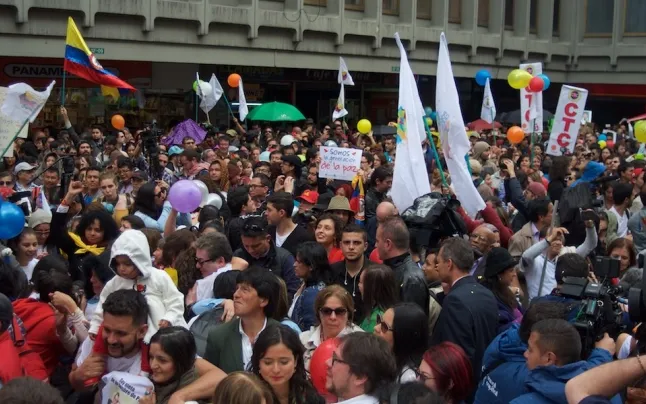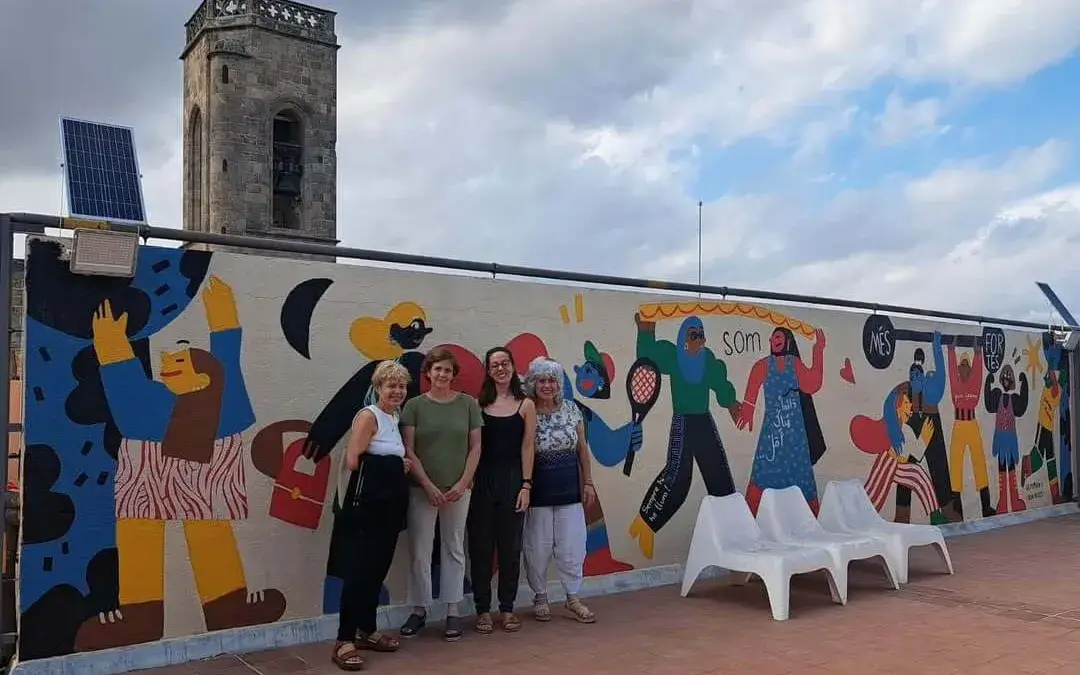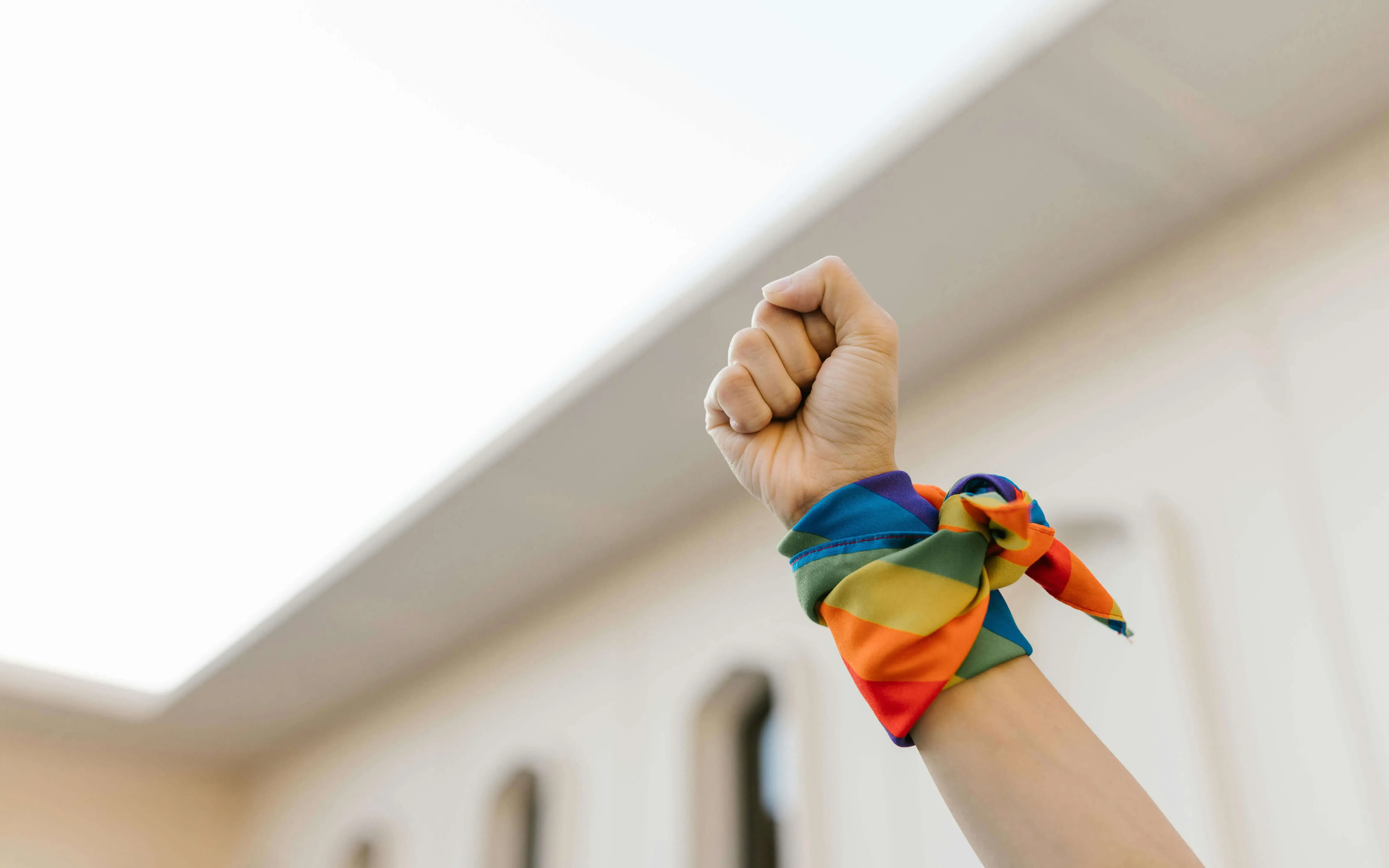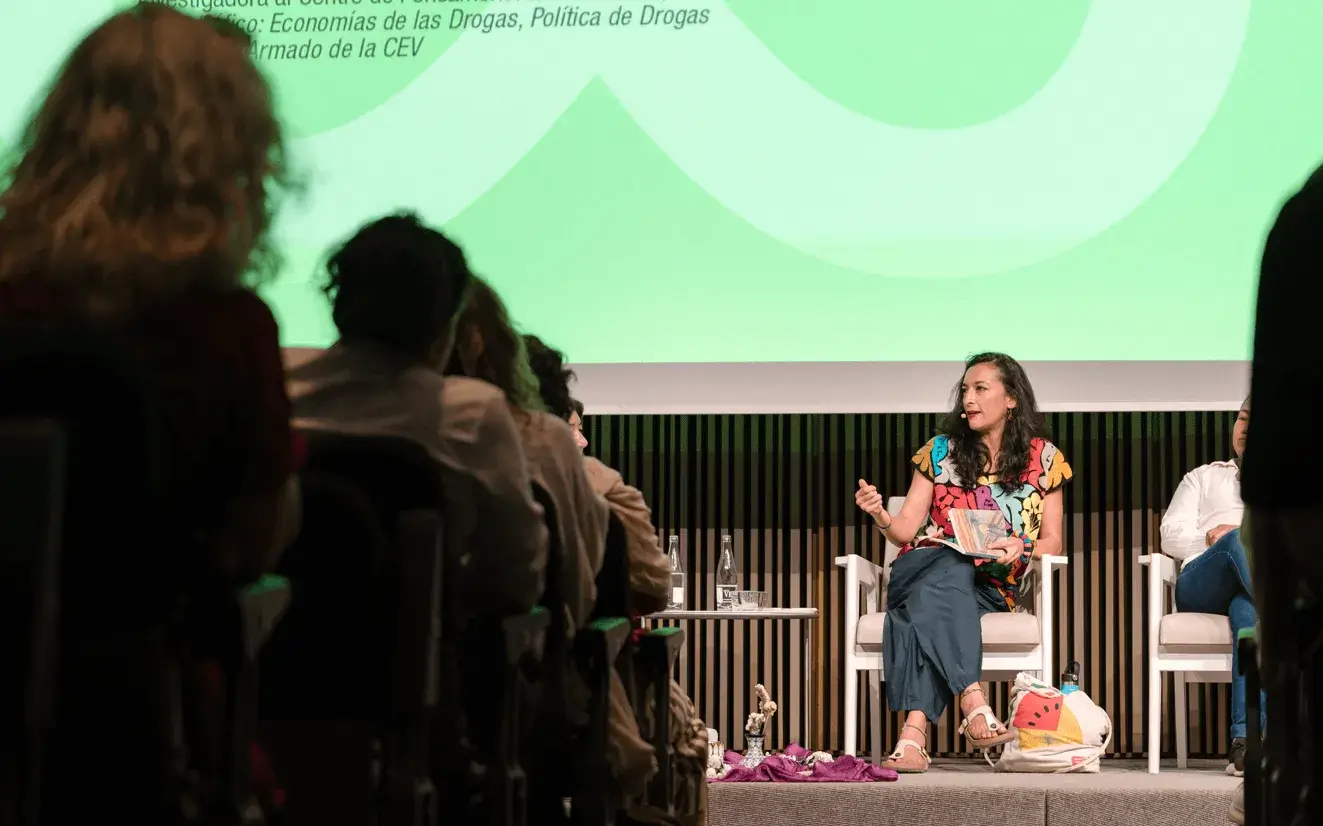The armed conflict in the South-American country is resurging, but the organizations fighting for peace on the ground aren’t giving up. One of them is the Taula Catalana per la Pau i els Drets Humans a Colòmbia.
Towards the end of August, former guerrilla fighters of the FARC-EP announced they were resuming the armed struggle almost three years after the signing of the ‘Havana Peace Agreement’. This news poured cold water onto the hopes of many organizations, particularly those fighting for peace in Colombia. One of such organizations is the Taula Catalana per la Pau i els Drets Humans a Colòmbia, a space composed of NGOs, unions, public administration and academic organizations created in 2002.
The organizations issued a statement expressing its “rejection of the rearmament announcement and all forms of violence that could fuel the social and political conflict in the country”. In this sense, Betty Puerto, a Human Rights defender and a member of the Foro Internacional de Victimas de Catalunya i Colectiva de mujeres refugiadas, exiliadas y migradas, which is part of the Catalan organization, explained that “in reality, the Agreement should be nothing other than implementing the Colombian constitution and therefore shouldn’t have big challenges”.
Asked about the causes behind resuming the “armed struggle” by dissidents, Betty is clear: “There is a growing feeling that there are no legal, social and economic guarantees due to the serious wave of killings”. As explained by her, “700 people have been killed and around 1500 activists and social leaders have received death threats from several groups”. Also, looking at possible solutions to the conflict, Betty is under the impression that “there will be no solution until the State makes available the necessary resources to make it possible”.
In this regard, several reports by international organizations show that the agreement hasn’t been completed, highlighting that “neither the State nor the Colombian government have lived up to the circumstances”, as Betty says. At the same time, she considers that new negations will be difficult. “In this context, it will be up to social organizations to keep the flame of peace alive”. All in all, the Human Rights defender considers the process a “failed one, as the five previous ones she has seen”.
The bad omen, however, hasn’t undermined Betty’s hopes that peace is possible in the South-American country. “we must call for hope in peace and to find a social and political solution to the conflict”. The country has been in this situation for decades and, in Betty’s opinion “finding a solution will be possible if three concepts are materialised: truth, justice and repair”. A happy ending that must follow the right course. “We feel the support and are accompanied by the international community to make it possible and we won’t give up”, she concludes.







Add new comment